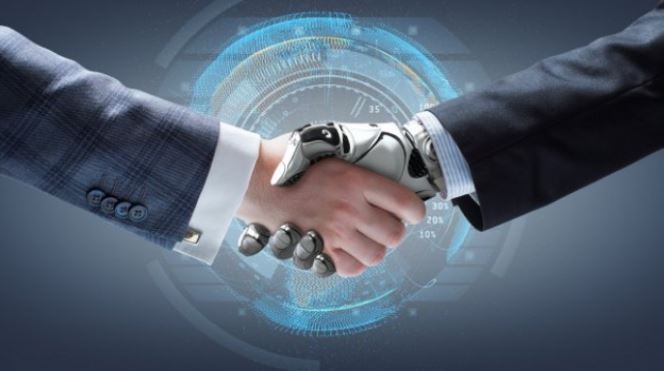Amazon’s Head Alexa Scientist: ‘The Turing Test Is Obsolete’
Amazon’s head scientist of Alexa is arguing that the Turing Test is obsolete as an AI test and should be replaced.
Alan Turing published his famous paper 70 years ago, wherein he outlined the Turing Test as a way to evaluate artificial intelligence to see if it had achieved true intelligence. Since then, it has been the gold standard researchers have used in their efforts to advance AI.
Writing in Fast Company, Rohit Prasad says the Turing Test is now obsolete.
The Turing Test is fraught with limitations, some of which Turing himself debated in his seminal paper. With AI now ubiquitously integrated into our phones, cars, and homes, it’s become increasingly obvious that people care much more that their interactions with machines be useful, seamless and transparent—and that the concept of machines being indistinguishable from a human is out of touch. Therefore, it is time to retire the lore that has served as an inspiration for seven decades, and set a new challenge that inspires researchers and practitioners equally.
Prasad makes the case that the work of modern AI researchers should focus on making AIs that complement humanity, rather than ones that are indistinguishable from humans.
Instead of obsessing about making AIs indistinguishable from humans, our ambition should be building AIs that augment human intelligence and improve our daily lives in a way that is equitable and inclusive. A worthy underlying goal is for AIs to exhibit human-like attributes of intelligence—including common sense, self-supervision, and language proficiency—and combine machine-like efficiency such as fast searches, memory recall, and accomplishing tasks on your behalf. The end result is learning and completing a variety of tasks and adapting to novel situations, far beyond what a regular person can do.
Prasad’s point of view has a lot of merit, and could fundamentally change many researchers’ approach to the field. Changing expectations could also help address concerns from those who believe AI is the biggest existential threat to humanity. By focusing on complementary AI systems, instead of ones that duplicate human intelligence, some of those concerns may be nullified.




